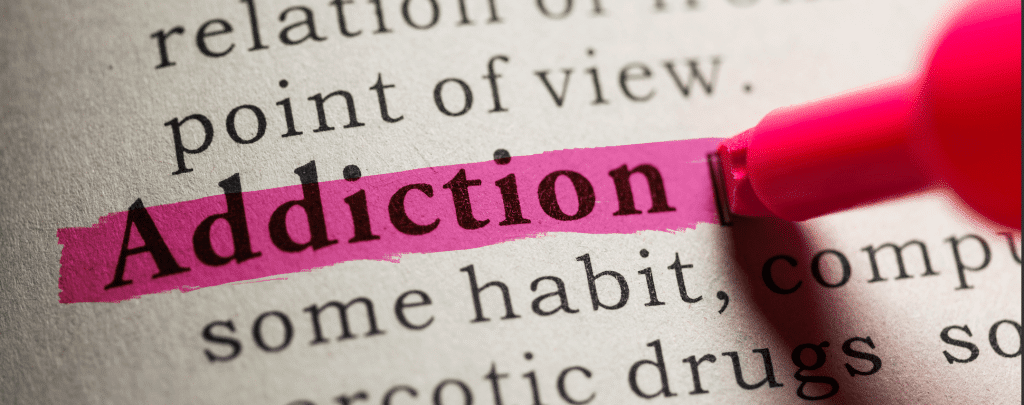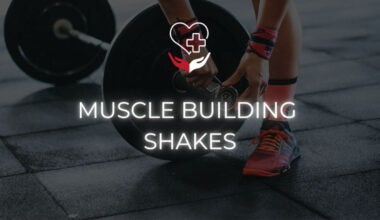Daily Human Care is providing you an interesting article related with ‘5 common addictions’. let’s start!
Table of Contents
Common Addictions
Addiction is a widespread issue that affects millions globally. It’s not only limited to substances like alcohol or drugs; behavioral addictions are increasingly recognized and can be just as destructive. Recognizing these common addictions can be the first step toward seeking help and making a positive change. If you or someone you know is struggling, consulting a mental health center could be a valuable step toward recovery. Let’s explore five common addictions to look out for and understand how they impact lives.

-
Alcohol Addiction
Alcohol addiction, or alcoholism, is one of the most common forms of addiction worldwide. This dependency often begins with social drinking, but over time, it can become uncontrollable. People suffering from alcoholism might drink regularly or even rely on alcohol to cope with daily stress. Physical signs include tremors, insomnia, and even seizures in severe cases. Beyond health risks, alcoholism can damage relationships, affect work performance, and lead to financial instability.
Warning Signs
- Drinking alone or in secret
- Loss of interest in previously enjoyed activities
- Frequent memory lapses or blackouts
- Mood swings or irritability
2. Drug Addiction
Drug addiction can refer to both prescription and illegal substances, such as opioids, cocaine, or amphetamines. Prescription drug addiction is particularly concerning, as medications intended for pain relief or anxiety management can lead to dependency. Drug addiction changes the brain’s chemistry, leading to intense cravings and making quitting extremely difficult without professional assistance.
Warning Signs
- Sudden weight loss or changes in appearance
- Risky behaviors or legal issues
- Increased tolerance, leading to higher doses
- Neglecting responsibilities at work or school
3. Gambling Addiction
Gambling addiction is classified as a behavioral addiction, affecting individuals who are unable to control their impulse to gamble. Unlike occasional gambling, this addiction can result in severe financial problems, job loss, and relationship breakdowns. Individuals may feel the urge to gamble despite the negative consequences, leading them to chase losses in hopes of a big win.
Warning Signs
- Borrowing money to gamble
- Neglecting family, work, or social obligations
- Lying about gambling habits
- Feeling restless or irritable when trying to cut back
4. Food Addiction
Food addiction involves compulsive eating, often tied to emotional responses like stress or anxiety. People with food addiction may binge eat high-sugar or high-fat foods to feel a temporary sense of satisfaction, only to feel guilt afterward. Unlike substance addiction, food addiction can be harder to address because it involves something necessary for survival—food. This can lead to obesity, diabetes, and other serious health issues.
Warning Signs
- Eating even when not hungry
- Feeling shame or guilt after eating
- Hiding food or eating in secret
- Craving specific foods and being unable to stop eating them
5. Internet and Social Media Addiction
In today’s digital age, internet addiction is on the rise. Many people, especially young adults, feel a compulsive need to check social media or browse online. This addiction can interfere with daily responsibilities and even lead to sleep problems, depression, and anxiety. Internet addiction can become especially harmful when individuals rely on social media for validation or as a primary source of social interaction.
Warning Signs
- Spending hours online, often more than intended
- Feeling anxious or depressed when not online
- Neglecting in-person relationships or responsibilities
- Using social media to cope with emotions
Seeking Help
Addiction can be challenging to overcome alone. Recognizing the warning signs and understanding the risks associated with these addictions can help individuals take the first steps toward recovery.
If you or someone you know is struggling with addiction, reaching out to a mental health center can provide access to the resources, counseling, and support needed to achieve and maintain sobriety.
Addiction is treatable, and recovery is possible with the right support. Staying informed about these common addictions can help protect yourself and those around you from falling into the destructive cycle of dependency.



